Opposition Leader Simon Busuttil said this morning that he disagreed with the Prime Minister, who said that he had "found a stagnant economy and turned it into a flourishing one," insisting that the PM was reaping the benefits of a sound economy that had weathered the worst economic and financial recession that the world had experienced in the last century.
Dr Busuttil was speaking at a business breakfast organised by The Malta Business Weekly.
"Despite facing a harsh international economic recession, Malta's economy consistently registered the best economic growth rates along with Germany, the motor of the European economy. So if anything, the Prime Minister is reaping the benefits. We are here to make things better not to leave things as they are."
Dr Busuttil said his first work experience took place when he was ten years old and he used to help his father at his Birkirkara ironmonger shop. The day used to start with him sweeping the shop. “I used to hate every minute of it but I did it nonetheless. We are here to serve clients. My experience has instilled in me a work ethic which is the same ethic we find in the private sector. “
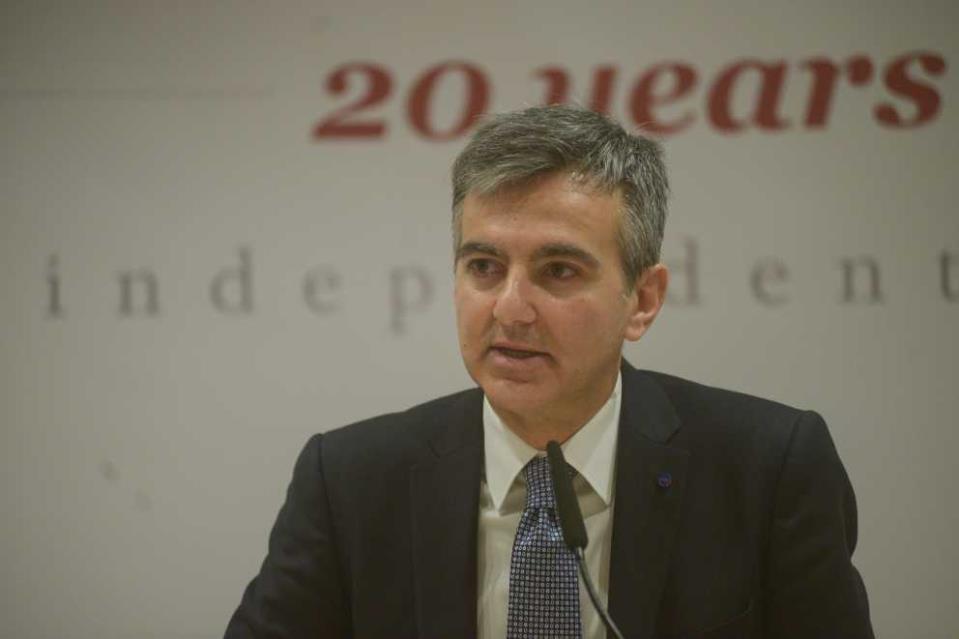
“Businesses have to compete and invest to get new clients. I am saying this because I want you to know ere you stand with me on the economy.”
The first is that I am not here to tell you that the economy is not doing well, but it is doing well and I am glad it is. However, I disagree with the Prime Minister who earlier this week said that he found a stagnant economy and turned it int a flourishing one.
The second premise is that I am not here to give you a detailed political programme of what my party will do for business and the economy. It would be presumptuous on my part to do so, three years away from an election. Instead, I will tell you what I believe are essential fundamentals that I would pursue at the helm of a government three years from now.
Can business in Malta continue to be a success story? I will reply on two levels. Firstly I will speak of the virtues and values that we must hold on to.
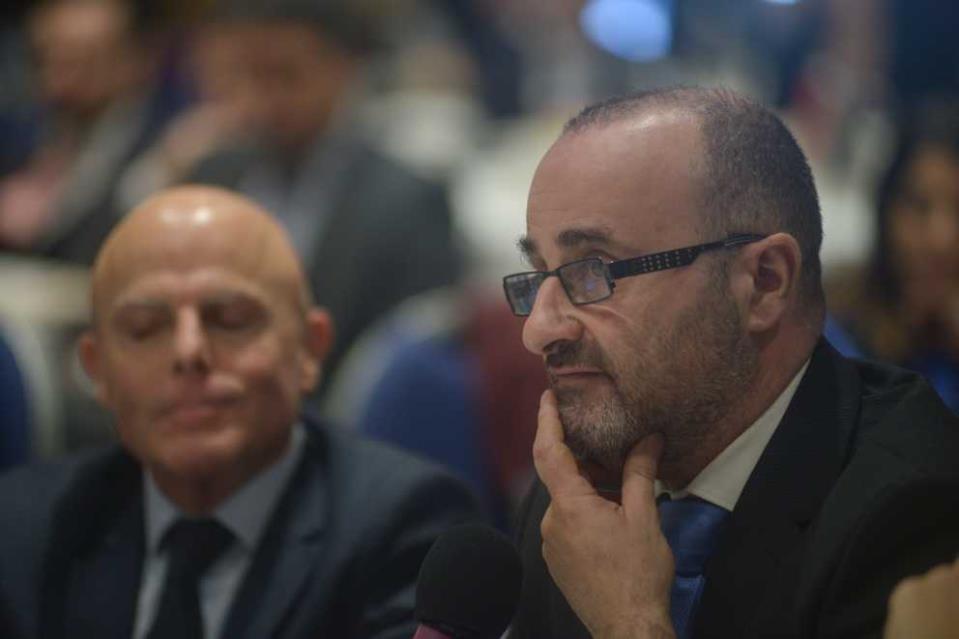
We do not just have a market economy, we have a social market economy. The people in Malta should not be at the service of the economy but the other way round. We need to preserve the social model that we have created in this country. The European social model is different in different EU countries. We have created a social model that has worked for us. It is very rare for our country to have huge social turmoil. This is an achievement that we have to continue to nurture.
We have also earned a reputation of trust and confidence in legal framework and public administration.
Malta has also achieved an open economy, integrated into the European Union The economy cannot be taken for granted and we have to think ahead. Are we doing that? Our economy has to work for fairness and solidarity.
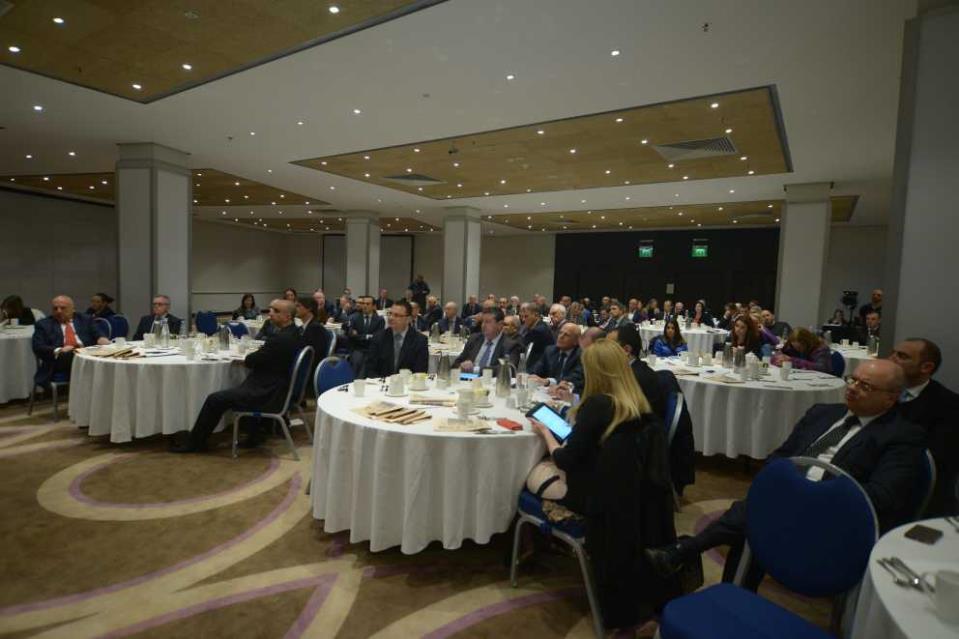
Apart from having a pro-business government we need to have a big business –small government model. It is not for government to engage in business. Governments should create an environment where business can flourish. We also need continuous renewal, innovation and investment in Human Resources. The moment we stop investing in these is the moment we fall.
Secondly, these are the vices we ought to avoid in order not to start sliding backwards instead of moving forward.
An inefficient public administration – the moment you start packing public administration with political appointments is the moment when we fail.
Public procurement: if the government starts meddling in public procurement it will spell disaster for businesses, which will no longer be interested in competing for tenders.
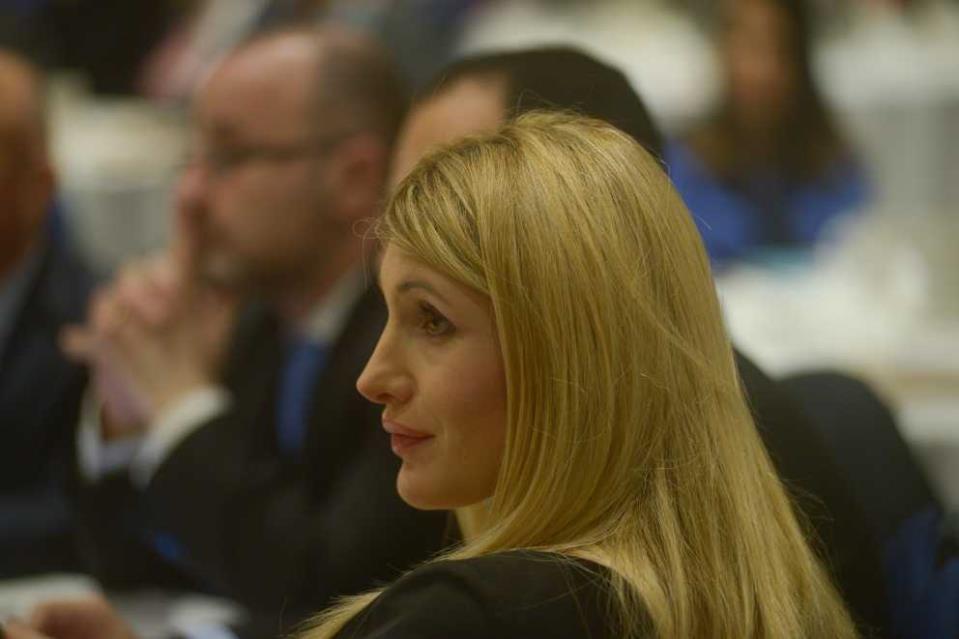
Dr Busuttil also warned against the constant increase in public service employment, which has topped 3,000 over the past two years. The government has admitted that over a thousand people retire each year, so the actual number of new people in the public service is probably closer to 5,000.
We should also avoid an excessive increase in public expenditure. The government should not be the motor that pushes the economy. The private sector should have that role.
Fiscal targets are not being reached, Dr Busutti said. Public debt is increasing at the rate of €1 million every three minutes.
Another mistake we have to avoid is related to the performance of certain key sectors. Malta cannot afford to lose sectors like manufacture and cannot lose the opportunities to create new sectors. How many new sectors have been created over the past two years?
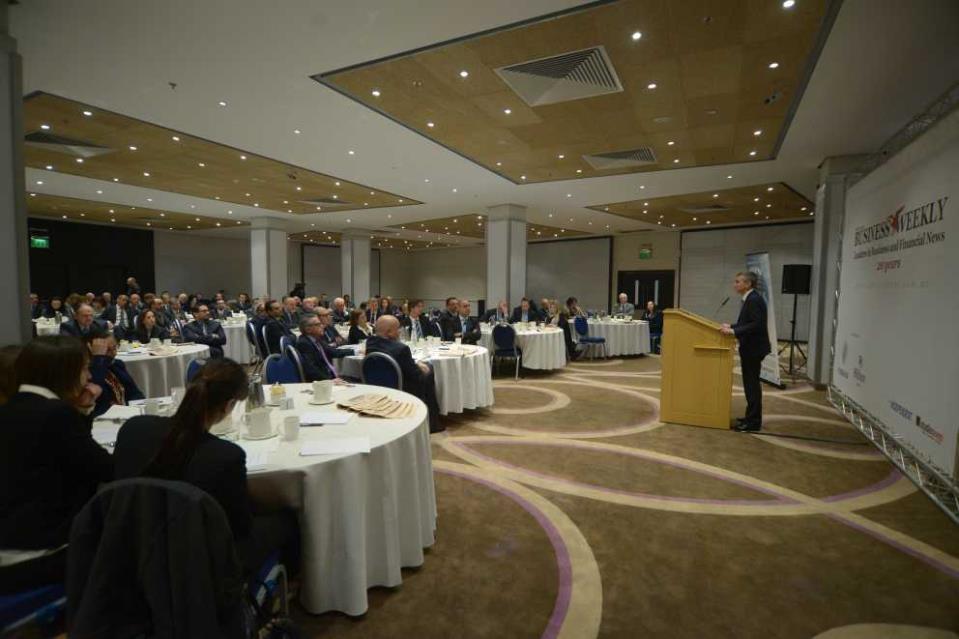
The Opposition Leader said that a failure to invest in infrastructure will lead to be significant economic implications further down the line.
He questioned the government’s 18-year power purchase agreement with Electrogas. “We do not know what the price of energy will be next year. Why has the government bound Malta to buy energy exclusively from this one company? What about the agreements with China? The contracts have not been published and transparency is lacking. The only type of transparency we are seeing is a Minister who is telling us, hand on heart, that he knows what he is doing. This is the same minister who promised that a new power station would be built by this very month.
Malta also needs to check its construction policies.
Bad governance: Since when is it right for a government to pay off the debts of a private company? These are cases of lack of transparency and sleaze that are a huge cause for concern. They undermine the economic success story that we have managed to build.

The Opposition, Dr Busuttil said, wants to listen to the business people, the economic players, to come with a good economic plan for the coming years. He spoke about the PN’s economic policy forum, which is coming up with ideas with which he can go to the people in three years’ time. “The Opposition is not just warming its seats. It is working, thinking and coming up with good ideas which will be presented in three years’ time.”
These are built on four pillars: a central role for business and secondary role for government, trust in politics and in efficient public administration, the economy at the service of the person, not the other way round and the economy at the service of the common good, for today and tomorrow.” This is what I stand for.”
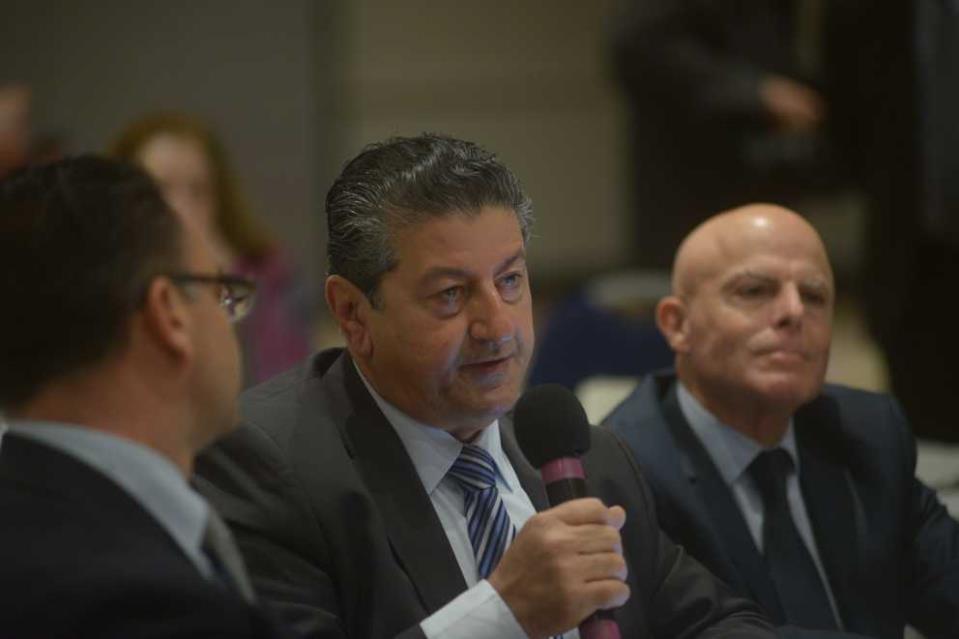
Taking questions from the floor, Dr Busuttil said there are several issues in the retail sector which need to be checked, including the flow of products fom Italy. “What we need is a good public administration and an efficient surveillance unit. The PN Leader also said not all shops are playing on the same level. Some shops pay low rent because they are still on the old tax regime but the one next to it could be paying a much higher amount, putting it at a disadvantage.
On the reduction in energy tariffs, Dr Busuttil said people are intelligent enough to ask how these reductions are being financed. There are many questions that need to be raised about our energy policy today. “I think that things about the energy policies will become clear in the next five years but it depends heavily on what this government does with them. I need to know where this government is heading because I will be lumped with them if I am in government in three years’ time. I will be lumped with an 18-year power purchase agreement whether I like it or not.”
Dr Busuttil said successive PN governments always held back from privatising Enemalta. The government needs to retain some control over the most essential services, like power and water.
The PN Leader spoke about the lack of capital projects, saying tha the only ones being worked on were started during the previous administration. “If it was up to me I would not have hired 5,000 people in the public sector. I would have spent that money on infrastructure.”
Photos: Jonathan Borg, Video: Matthew Agius